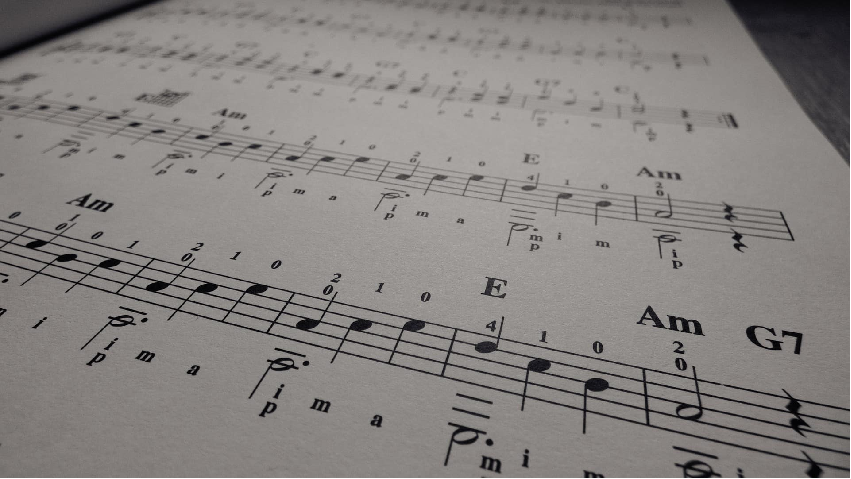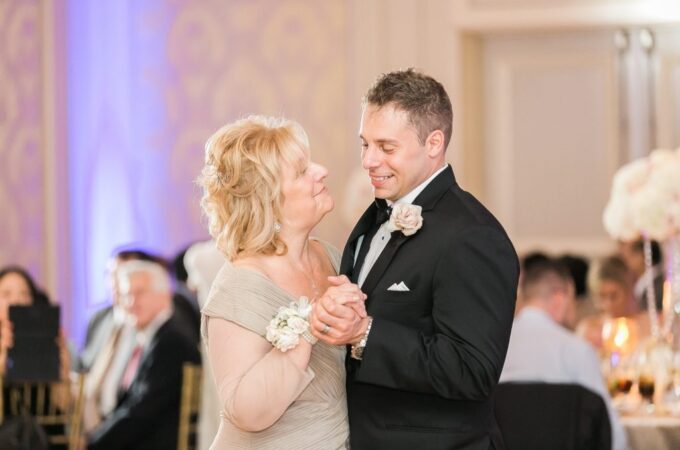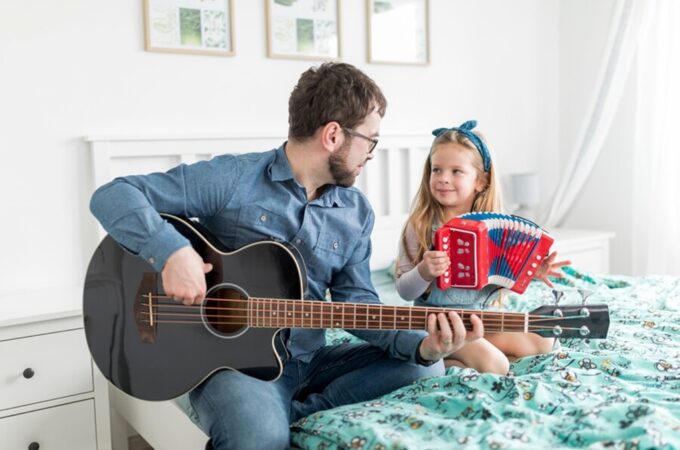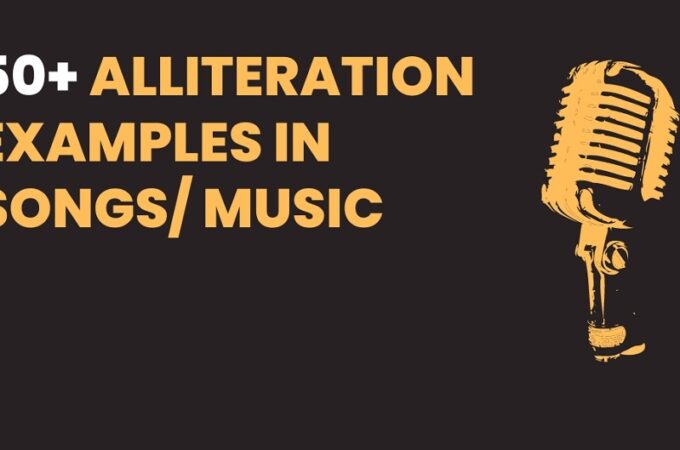
Music composition: tricks to help you finish more songs
Become a more productive and prolific songwriter with these easy music composition tips to help you finish your next music project …
There is a saying among professional writers, a cliché but true: A writer writes. This could apply to many disciplines, and music production is no exception. The biggest difference between a hobby musician and a professional musician is that the professional musician makes music on demand.
It is very easy to work when you are inspired by an incredible idea. What is not so easy is to constantly work on the musical composition whether you are inspired or not. To this end, the most practical solution is to maintain conditions where inspiration and ideas flourish. The best way to put this into practice: write, record, and produce music all the time and work hard to get good at it.
Many of us have obstacles on that path. These can be full-time jobs outside of music production, family obligations, or other things throughout the day.
Table of Contents
ToggleListen. Seriously Listen
The world is full of melodies and sounds waiting to be turned into great music. Have you ever heard a mechanical tone in a certain place and thought “hey, that’s a D”? Or have you even started building a rhythm with the click of your car’s turn signals while stopped at a traffic light? Hearing those sounds in our environment can be a source of sonic inspiration for new ideas, tones, and rhythms.
With modern recording devices and apps – and the ease of working with them – it’s easy to import noises you find into your music composition work. If you use microphones, always keep the record button pressed. It will not be complicated, and maybe you will capture a crazy and improvised riff, a loud creak of some furniture, or even a dirty joke told by the drummer and decide to immortalize the moment.
Move Your Memory Muscle
Whichever instrument you choose, you’ll probably find yourself repeating patterns and playing the same chords over and over again. Breaking those routines periodically will keep you fresh and keep you from falling into repetition again.
A simple and powerful musical phrase can be only one percent different from another boring and very hackneyed one. One way to break your monotony is to switch instruments. If this isn’t an option for your music composition work, grab your music theory book to play new chords and scales. And don’t worry about checking out other places, cultures, and traditions for inspiration. Incorporating tones and rhythms from styles from India, Africa, or Latin America could give a new perspective to your compositions.
Make Your Smartphone Something Useful
Musical ideas can come at any time, so you better be ready to record them before they evaporate. The more you pick up this creative habit, the more often you will visit ideas. Melodies and rhythms can be difficult to write down and easy to forget when the world around you constantly distracts you. A smartphone, with a video camera and audio recorder, is a gift for all composers. Ten seconds of singing or beatboxing on your phone could be the start of your best work, so don’t let your ideas run wild.
Keep Your Workspace Tidy
Your music space might be full of instruments and amps, or just a chair and a tablet. Either way, it has to be comfortable, efficient, and in a place free from any constant distractions.
Musicians who work with many microphones tend to end sessions with a tangle of cables, and chaos of mic stands, amplifiers, and other items. A studio is like a kitchen: after a good meal, someone has to wash the dishes so they can cook again.
Make Your Partner Happy
Studio artists in long-term relationships are familiar with questions like “how long will the recording session last?” or “when will you come home after that concert?”. Creative processes are unpredictable -and musical composition is an eminently creative act. But you don’t want your partner to feel like they’re in a competition, so it’s best to make them happy.
Go out at night, take a trip for a few days and prioritize time for your privacy. This will ensure that, from time to time, you can disappear into one of those long study sessions without fear of bad faces. Maybe even that will inspire you with a romantic love song!
Know What Makes An Idea Become A Song
That video clip on your smartphone isn’t a song yet – it may just be a chorus with a vocal phrase. You’ll need a chorus, a bridge, and maybe some kind of funky groove. If it has lyrics, you need to know what the song is going to be about before you finish writing it.
A good piece of music has to evoke something: an emotion, a moment, a place, or a person. Listen to your ideas in a quiet place and meditate on what that music tells you. If it turns out to be nothing, in the end, you’d better move on to another idea. The music is about feelings, so if you can’t find the connection between that cold riff with something more emotional, don’t think about it anymore and send that idea directly to the trash.
Practice Subtractive Musical Composition
The blessing and in turn curse of digital environments is the possibility of piling up layers and layers of tracks, almost infinitely, limited only by the power of our processor. Surely, you’ve come across loads of tracks in a mix where you’ve ended up muting most of them, only to realize at the end that the song sounded better without so many extras.
It’s very easy and fun to continue composing on layers and layers of sound while creating more sound density. And it is very easy to cross the line. On some songs, some keyboards and vocals will be all you need, especially if you’re really busy with other work.
You may like to read SEVEN TIPS TO LEARN TO PLAY GUITAR FROM SCRATCH





